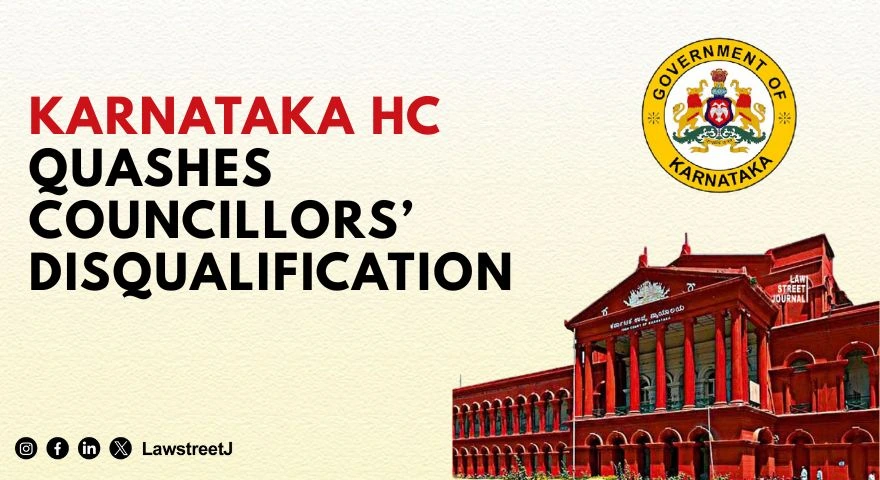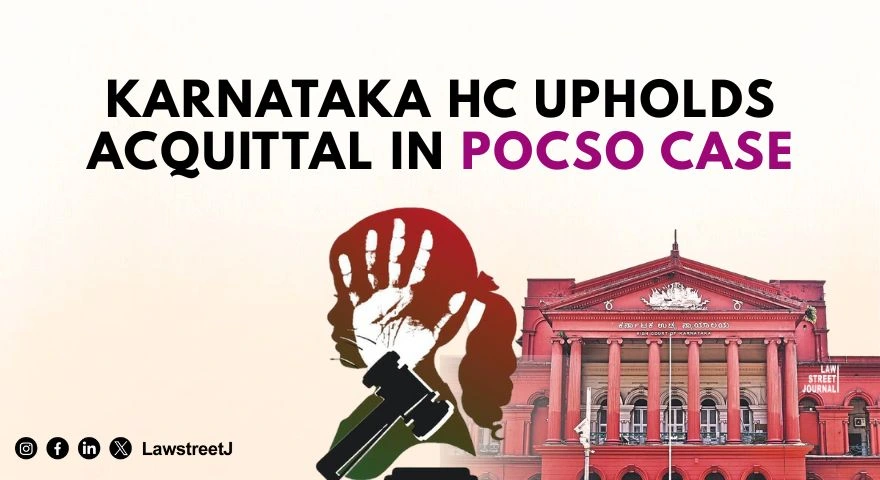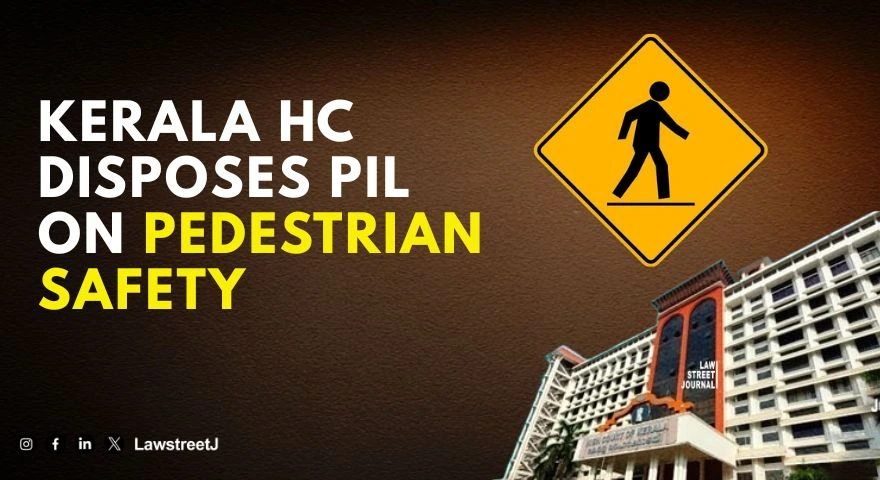On Wednesday 15th September 2021t he high courts of Punjab and Haryana after finding that the allegations levelled in the plea filed in July 2021 (in which the residence of Kaithal who had alleged before the Court that proposed construction of Trans Haryana North-South Expressway from Gangheri to Narnaul while passing through 2 villages Kaul & Chandlana in Kaithal would result in demolition of a Shiv Mandir & an ancient pond), were found to be false, ordered the residents of kaithal to plant trees on both sides of a highway on an area of 4km.
The National Highway Authority of India (NHAI) was ordered to increase the length of the bridge by 50m in the earlier round of litigation in 2019, instituted by the manager of the temple, but has not been complied with.
Upon notice, NHAI appeared & had objected that every effort has been made to stall infrastructure projects like this by certain people, who have no interest in the property.
Such projects are of national importance & the grievance has already been addressed by the NHAI & has extended the length of the bridge by 50m by spending more than 5 crores.
The court found that the temple area in its entirety is being protected from any untoward damage by extending the length of the flyover.The photographs too reflected that the flyover is not obstructing the location of the temple at all.
Hence, it was found that the petitioners made false statements & an incorrect map was shown to the Court. Hence, heavy cost be imposed on them.
Therefore, the Court dismissed the plea filed in July this year & ordered that by way of imposition of costs, the petitioners would plant trees of deciduous & perennial nature, on both sides of the proposed expressway, at a running stretch of 1km each towards the right & 1km towards left side of the highway (a total of 4km), by taking temple as the central point.
Also, the Petitioners were ordered to give a proof of the plantation along with a letter of proof issued by the area official of horticulture department, who shall supervise the plantation as per norms.
The Court said that such compliance shall be made within a period of three months. Further, the HC registry was asked to follow up the compliance & report the same to the Court.








